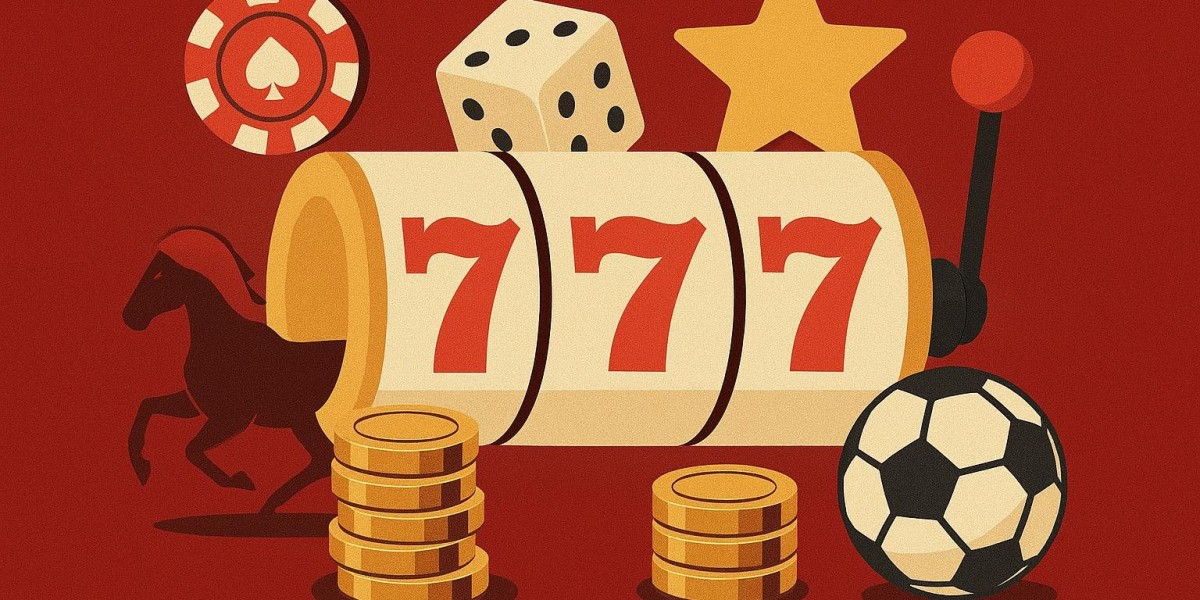There’s something oddly comforting about ending a long, stressful day with a glass of wine or a cold beer. For many people, that little ritual feels like the perfect wind-down. But for those dealing with acid reflux, that casual drink can turn into an uncomfortable, burning nightmare. So here’s the big question we’ll explore today: Can alcohol really make acid reflux worse? Or is that just another health myth floating around the internet?
Let’s break this down simply, like two friends chatting over coffee—without the heartburn.
What Exactly Is Acid Reflux?
Before we start blaming alcohol, let’s understand what acid reflux actually is.
Acid reflux happens when the contents of your stomach—mostly acid—flow back up into your esophagus. This can cause that well-known, nasty burning sensation in your chest or throat, also called heartburn. Some people also experience a sour taste in the mouth, sore throat, cough, or even trouble swallowing.
While occasional acid reflux is fairly common (we’ve all been there after a spicy late-night snack), chronic reflux—called Gastroesophageal Reflux Disease (GERD)—is another story entirely. GERD can damage your esophagus over time and cause long-term discomfort if left untreated.
But where does alcohol fit into this picture?
How Alcohol Affects the Digestive System
To put it simply: alcohol is a sneaky little troublemaker for your digestive system. Here’s why.
Relaxation of the Lower Esophageal Sphincter (LES):
The LES is a muscle at the bottom of your esophagus that acts like a gatekeeper, keeping stomach acid where it belongs. Alcohol can relax this muscle, making it easier for acid to escape upwards.Increased Stomach Acid Production:
Certain types of alcohol can cause your stomach to produce even more acid than usual. More acid = higher risk of reflux.Delayed Stomach Emptying:
Drinking can slow down how quickly your stomach empties its contents into the intestines. This creates a buildup of pressure, forcing acid up into the esophagus.Irritation of the Esophageal Lining:
Alcohol itself can irritate the lining of the esophagus, making any reflux symptoms feel worse than they normally would.
Does the Type of Alcohol Matter?
This is where things get interesting.
Not all alcoholic drinks are equal when it comes to acid reflux. Some types are more likely to trigger symptoms than others:
Wine (especially red) and beer are two of the most common culprits.
Spirits like vodka or gin mixed with non-citrus, non-carbonated beverages may cause fewer issues for some people.
Sweet liqueurs and cocktails with citrus juices or soda can be the worst offenders due to sugar and acidity.
Still, even the “safer” drinks can cause problems if consumed in excess—or on an empty stomach.
Real-Life Story: When Wine Meets Heartburn
Take my friend Sarah, for example. She used to enjoy a glass of red wine every evening. But after months of experiencing unexplained sore throats and chest discomfort at night, she finally saw her doctor. The verdict? Silent acid reflux—something she had no idea was happening.
Once she reduced her wine intake and swapped her evening drink for herbal tea, the symptoms almost completely vanished. That simple lifestyle tweak made a huge difference.
Sarah’s case is a perfect example that alcohol—even in moderate amounts—can quietly fuel acid reflux without you realizing it.
What the Science Says
If you’re wondering if this is just anecdotal, here’s the research-backed truth:
A study published by the National Institute on Alcohol Abuse and Alcoholism (NIAAA) confirms that alcohol increases the risk of GERD by affecting the lower esophageal sphincter and boosting acid production in the stomach. You can check out the full research here to dive deeper into the science.
Furthermore, there’s an excellent, reader-friendly breakdown of the relationship between alcohol and acid reflux on Globhy, which covers this topic from various angles—types of alcohol, risks, and expert advice. You can read that helpful guide here.
Can You Enjoy Alcohol Without Aggravating Acid Reflux?
The good news? Possibly.
Here are some practical tips if you want to keep the occasional drink without suffering the fiery aftermath:
Limit Quantity – Stick to 1 drink (or less) if you know you're reflux-prone.
Choose Wisely – Opt for clear spirits mixed with plain water, avoiding acidic or carbonated mixers.
Never Drink on an Empty Stomach – Food helps buffer the stomach acid.
Stay Upright After Drinking – Don’t lie down or go to bed right after that glass of wine.
Avoid Late-Night Alcohol – Drinking close to bedtime increases your risk of nighttime reflux.
Everyone’s body reacts differently, so keeping a personal “trigger diary” can help you identify what drinks set off your symptoms.
Final Thoughts: To Drink or Not to Drink?
Like most things in life, moderation is key. While alcohol doesn’t guarantee acid reflux in every person, it certainly raises the chances—especially for those already struggling with GERD or sensitive digestive systems.
If you’re feeling the burn after your favorite drink, it might be time to rethink your evening ritual or chat with your healthcare provider about alternatives.
Remember, knowledge is power. Staying informed can save you from a lot of discomfort—while still letting you enjoy life’s little pleasures responsibly.
Resources for Further Reading:








